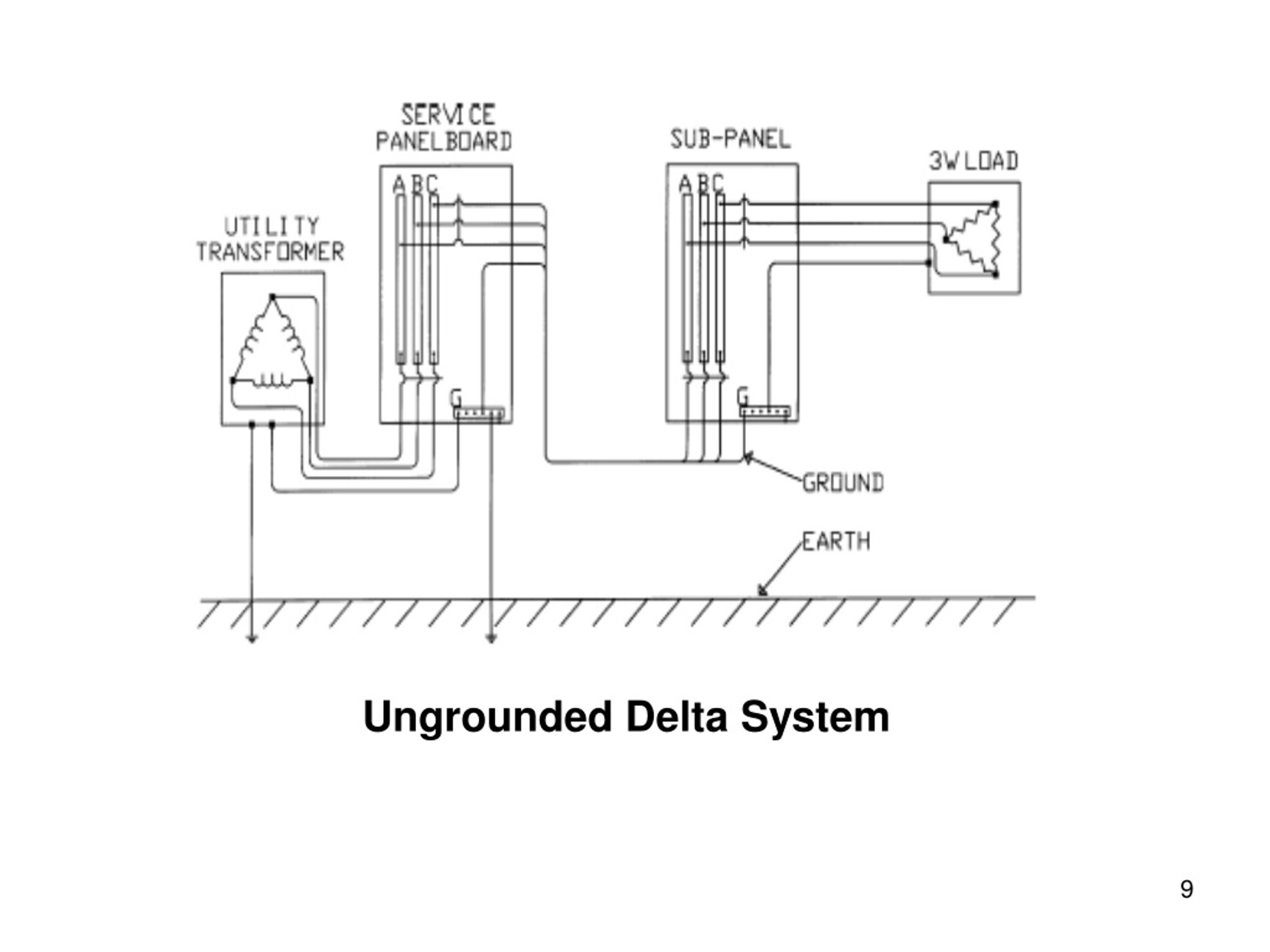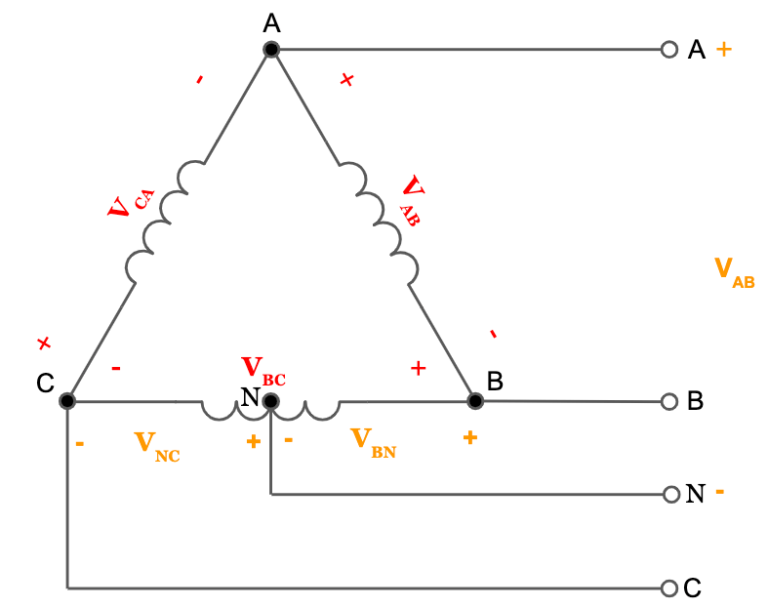Out Of This World Info About Can Delta Be Grounded

PPT CHAPTER 4. GROUNDING AND GROUND GRID DESIGN PowerPoint
Can Delta Be Grounded? Exploring the Factors That Could Keep a Giant of the Skies Down
1. What Does "Grounded" Really Mean for an Airline?
When you hear the term "grounded" in the context of an airline like Delta, it's rarely a simple situation of one plane having a flat tire. Usually, it implies a much larger operational disruption. We're talking about circumstances that prevent a significant portion, or even the entire fleet, from taking to the skies. Imagine the chaos at airports! So, what could possibly cause such a widespread grounding?
Think of it like this: an airline is a complex machine with countless moving parts. A single hiccup can sometimes be managed, but a major malfunction in a key area can bring the whole operation to a standstill. That's when grounding becomes a real possibility.
It's not just about mechanical issues, although those certainly play a role. Weather events, regulatory changes, and even economic factors can all contribute to an airline's potential grounding. It's a complex interplay of variables, and each situation is unique.
Think of the domino effect. One problem leads to another, escalating until the airline faces a decision: ground the flights to prevent further issues. It's a tough call, but safety always comes first.

Corner Grounded Delta Transformer Schematic
Weather Woes
2. How Weather Can Literally Ground Delta
Ah, Mother Nature, beautiful and awe-inspiring — but sometimes a real pain for air travel! Severe weather conditions, such as hurricanes, blizzards, and even volcanic ash clouds, can force airlines like Delta to ground their flights. It's a matter of passenger safety, and no airline is willing to risk flying through dangerous conditions.
Imagine trying to navigate a plane through a hurricane. The turbulence alone would be terrifying! Or picture the engines sucking in volcanic ash — not exactly a recipe for a smooth flight. That's why airlines have strict protocols in place to deal with inclement weather, and grounding flights is often the safest option.
It's not just about the immediate danger of the storm itself. The aftermath of severe weather can also cause disruptions. Airports may be damaged, runways could be flooded, and air traffic control systems might be affected. All of these factors can contribute to grounding Delta's flights.
Then there's the ripple effect. Even if a storm is only affecting one region, it can have a knock-on effect across the entire airline network. Flights are delayed, crews are displaced, and passengers are stranded. It's a logistical nightmare, and sometimes the only way to regain control is to temporarily ground flights and reset the system.

Corner Grounded Delta Power System At Lucy Haire Blog
The FAA's Role
3. When Government Regulations Put a Hold on Flying
The Federal Aviation Administration (FAA) plays a crucial role in ensuring the safety and security of air travel. They set the rules of the game, and airlines like Delta must comply with those rules to operate. If the FAA has concerns about an airline's safety practices or maintenance procedures, they can issue directives that could lead to grounding.
Think of the FAA as the aviation police. They're constantly monitoring airlines to make sure they're following the rules. If they find something that raises concerns, they'll take action to protect the public. This might involve increased inspections, mandatory repairs, or even grounding flights until the issues are resolved.
It's not just about blatant safety violations, either. Sometimes, new regulations are introduced that require airlines to make changes to their aircraft or operational procedures. These changes can take time to implement, and during that period, the airline might face restrictions on its flights. That's where partial or temporary grounding can come into play.
Consider scenarios like mandatory aircraft inspections or the implementation of new safety technologies. These actions, while crucial for long-term safety, can briefly affect flight schedules. Delta, like other major airlines, works closely with the FAA to navigate these compliance processes, minimizing disruptions whenever possible. It's a collaborative effort to keep the skies safe.

The Corner Grounded Delta Diagram Understanding Its Significance In
Economic Turbulence
4. The Harsh Reality of Aviation Economics
Believe it or not, even economic factors can play a role in whether Delta can be grounded. While it's rare for financial issues to completely ground an airline (bankruptcy is a more common outcome), severe economic downturns or fuel price spikes could lead to significant flight reductions and temporary groundings of certain aircraft.
Imagine a scenario where fuel prices skyrocket overnight. Suddenly, many routes become unprofitable. Delta might have to make some tough decisions, like canceling less popular flights or parking older, less fuel-efficient planes. This, in effect, would be a partial grounding due to economic pressures.
Or consider a major global recession. Travel demand plummets, and airlines find themselves with empty seats. They might have to reduce their fleet size and ground some aircraft to cut costs. It's a painful decision, but sometimes necessary to survive in a volatile industry.
We can't forget about labor disputes. If pilots, flight attendants, or other crucial staff go on strike, the airline could be forced to ground flights. Labor costs are a significant expense for airlines, and disagreements over wages and benefits can sometimes lead to disruptions.

What Is A Corner Grounded Delta At Mike Lucy Blog
Maintenance Matters
5. Keeping Planes in Tip-Top Shape & Avoiding Groundings
Let's face it: airplanes are incredibly complex machines. They require constant maintenance and inspections to ensure they're safe to fly. Unexpected mechanical issues can arise at any time, and if they're serious enough, they can lead to grounding.
Imagine a critical engine component failing during a pre-flight check. The plane would have to be taken out of service for repairs, which could disrupt the flight schedule. Or picture a situation where a potential safety issue is identified in a specific type of aircraft. The airline might choose to ground all planes of that type until the problem is resolved.
Airlines invest heavily in maintenance programs to prevent these kinds of issues. They have teams of highly skilled mechanics who work around the clock to keep the planes in top condition. But even with the best maintenance, unexpected problems can still occur. And when they do, safety always comes first.
Think about the sheer number of flights Delta operates daily. With so many planes in the air, the chances of a mechanical issue arising are statistically higher. While airlines strive to minimize disruptions, the safety of passengers and crew is always paramount. Grounding a flight due to maintenance is a responsible, albeit inconvenient, decision.

Delta Be Grounded? Understanding the Possibilities and the Protections
6. Putting It All Together
So, can Delta be grounded? The short answer is yes, but it's usually a complex situation involving a combination of factors. Weather, regulatory issues, economic pressures, and maintenance problems can all contribute to the possibility of grounding. However, it's important to remember that airlines prioritize safety above all else.
Grounding flights is never an easy decision. It causes inconvenience for passengers and can cost the airline a lot of money. But when faced with a potential safety risk, airlines will always err on the side of caution. They have a responsibility to protect their passengers and crew, and grounding flights is sometimes the only way to do that.
It's also important to note that grounding is not always a permanent situation. In many cases, it's a temporary measure taken to address a specific issue. Once the problem is resolved, the flights can resume. Airlines are constantly working to minimize disruptions and get passengers back on their way as quickly and safely as possible.
Ultimately, the complex interplay of potential disruptors — weather, regulation, economic downturns, and unexpected maintenance — collectively contribute to the possibility of grounding for Delta, or any other major airline. It's a safety-first approach, aimed at prioritizing traveler well-being while navigating unpredictable external factors.